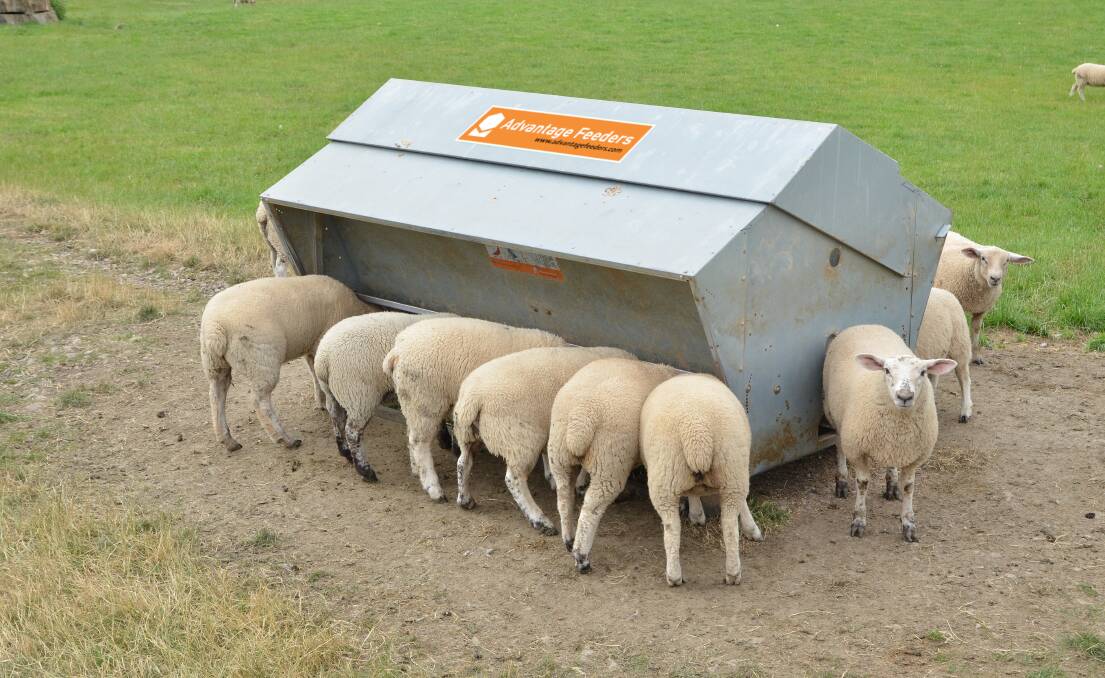Since moving to Ballarat in the past 24 months, Advantage Feeders has seen sales take off.
Subscribe now for unlimited access.
$0/
(min cost $0)
or signup to continue reading
The family-run business manufacturing high-end technology feeders for sheep and cattle employs almost twenty people in its Coronet Street premises.

“It makes a big difference to people when your expertise, your engineers, your sales team are based in Ballarat and they can just drop in and see us,” says managing director Gerard Roney.
It’s a long way from studying law and finance at university, but Mr Roney has applied the same intellectual precision required in those courses to his love of farming. Raised at Axedale, near Bendigo, he was rearing sheep on a farm he leased while he was studying, when he observed that conventional feeders allowed his stock to gorge themselves on supplementary feed.
Realising that this was both unhealthy for his sheep and costing money in excess feed, in 2005 Gerard set about designing a feeder that could ration the amount hungry stock could consume at any none period of time.
The premise of his design is remarkably simple, but Gerard says it took months of filming stock eating at the feeders to make the innovation which sets his feeders apart.
“The business has really grown because of the benefits farmers are getting through changing how supplement feed is delivered,” says Gerard.
“Historically a lot of farmers would go out and trail feed every two days, and it’s not good for the animals’ digestive system at all. Whereas with our system the animals are coming to the feeder five or 10 times a day, so it changes to a ‘little and often’ diet, as opposed to a two-daily gorge.”
The Advantage Feeder delivers grain to a 50cm deep slot restricting the stock’s tongue to a limited range of movement. As a sheep’s tongue makes about 120 movements per minute, the grains are rationed to one or two per pick-up. After a short period of time the animal’s tongue runs short of saliva to raise the grains and it moves away to graze elsewhere.
The feeders carry anywhere between 500kg and 2500kg of feed. Gerard says they are exported from their manufacturing base in China around the world – specifically to the the United States, United Kingdom and Ireland, New Zealand and Canada.
Prices are from $1200 to $2400, designed to give farmers a quick return on their investment.


